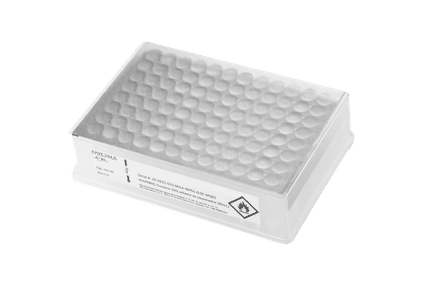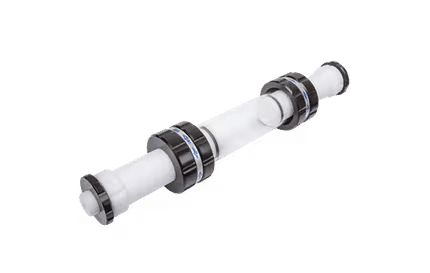To use all functions of this page, please activate cookies in your browser.
my.bionity.com
With an accout for my.bionity.com you can always see everything at a glance – and you can configure your own website and individual newsletter.
- My watch list
- My saved searches
- My saved topics
- My newsletter
TorporTorpor is a (usually short-term) state of decreased physiological activity in an animal, usually characterized by a reduced body temperature and rate of metabolism. Animals that go through torpor include birds (even tiny hummingbirds) - notably Cypselomorphae - and some small mammals such as bats. During the active part of their day, these animals maintain normal body temperature and activity levels, but their body temperature drops during a portion of the day (usually night) to conserve energy. Torpor is often used to help animals survive during periods of colder temperatures, since it allows the organism to save the amount of energy that would normally be used to maintain a high body temperature. Product highlightTorpor may extend for a longer period of time. Some animals such as groundhogs, chipmunks, ground squirrels and jumping mice enter this intensely deep state of hibernation for the duration of the winter. Lungfish switch to the torpor state if their pool dries out; tenrecs switch to the torpor state if food is scarce during the summer (in Madagascar). Black bears, although often thought of as hibernators, do not truly enter a state of torpor: While their body temperatures lower along with respiration and heartbeat, they do not decrease as significantly as most animals in a state of torpor. Still, there is much debate about this within the scientific community: Some feel that black bears are true hibernators that employ a more advanced form of hibernation.[citation needed] Other uses of the word
See also
|
| This article is licensed under the GNU Free Documentation License. It uses material from the Wikipedia article "Torpor". A list of authors is available in Wikipedia. |







